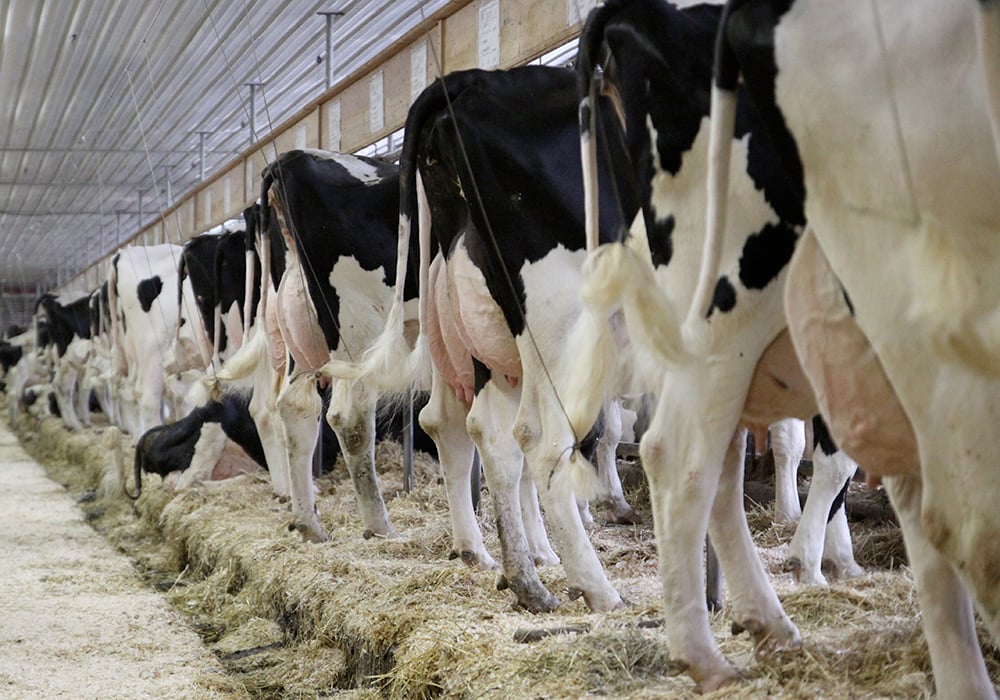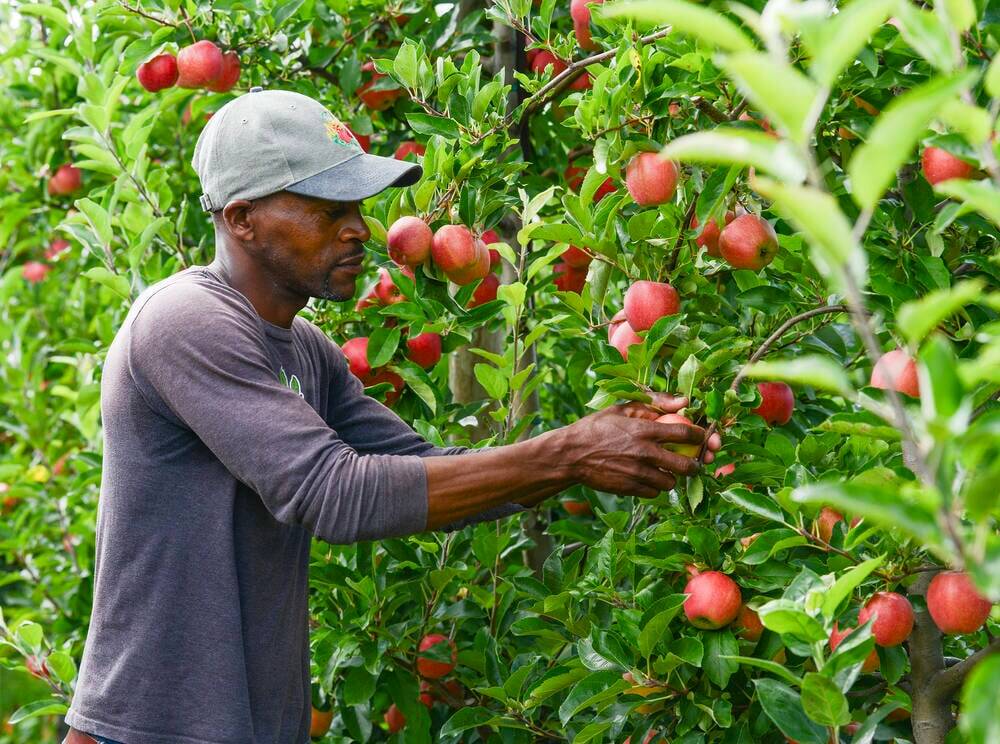Supply management bill moves slowly through Senate

Clause-by-clause consideration of Bill C-282 in the Senate is not expected until November, after the Bloc Quebecois deadline for triggering a federal election.
Read Also


Workplace Safety and Insurance Board developing a strategy for foreign agricultural workers
The Workplace Safety and Insurance Board (WSIB) is making changes regarding foreign agricultural workers in the Seasonal Agriculture Worker Program (SAWP) with new Foreign Agricultural Worker Strategy.
Passing the private member’s bill by Oct. 29 to protect supply management in future trade agreements was one of BQ leader Yves-Francois Blanchet’s demands when he voted against recent Conservative confidence motions to bring down the Liberal government.
Why it matters: Exporters believe Bill C-282 has become too political and may harm trade relations with other countries.
However, it seems the bill is not moving quickly in the upper chamber.
On Oct. 10, agriculture minister Lawrence MacAulay and former agriculture minister Marie-Claude Bibeau and MPs from four parties rallied on Parliament Hill in support of the bill.
The Senate’s foreign affairs and international trade committee has been hearing witnesses since late September. In early October, chair Peter Boehm said the study will continue until the end of this month, with clause-by-clause planned for the first week in November. It will then go to the Senate for a vote.
Witnesses from supply managed sectors have urged senators to pass the bill, while exporters said supply management is doing well even without it.
Dave Carey, the Canadian Canola Growers Association’s vice-president of government and industry relations, told the committee the bill is about trade, not agriculture. He said CCGA supports the government’s efforts to diversify exports.
“This bill contradicts these efforts and sends a strong protectionist signal globally,” he said. “If passed, Bill C-282 poses an existential threat to Canada’s global trading reputation.”
Former trade negotiators Deanna Horton and Colin Robertson both spoke against the bill. Horton said renegotiation of the United States-Mexico- Canada Agreement in 2026 could be affected.
“This is kind of like waving a red flag,” she said. “You know the bull is coming to you, but is it really necessary to anger the bull before you get into the ring? This is exactly what this bill will do.”
Robertson warned that the U.S. will go after other parts of the sector if supply management is off the table.
“This may well be our beef industry, which is hugely successful, our pork industry,” he said. “Then they may go after things in other sectors. That’s how the Americans work.”
Supply management officials said they’ve already been hurt by previous agreements and can’t lose any more market access.
University of Waterloo professor Bruce Muirhead pointed to the deregulation of Australia’s dairy industry as an example. That country now has to import butter and cheese.
“Based on my immense immersion into this area of research, I can state unequivocally that supply management, in all sectors in which it operates, is simply the best system for a country like Canada,” he said.
Darren Ference, Alberta farmer and chair of Turkey Farmers of Canada, said there is no need for the bill to divide the agricultural sector. In addition to chickens and turkeys, he has a 460-head cow-calf operation and 3,500 acres of crop land.
“The CPTPP (Comprehensive and Progressive Agreement for Trans-Pacific Partnership) agreement increases import access to the Canadian turkey market by 71 per cent, displacing natural growth,” he said. “This translates to a further permanent annual loss of 4.5 per cent of annual production.”
USMCA added even more access.
“We do not support sacrificing one sector of Canadian agriculture to advance others,” Ference said. “Both can and must co-exist.”
Cathy Jo Noble, vice-president of the National Cattle Feeders’ Association, said the bill is simply bad trade policy.
“If Bill C-282 passes, it sets a dangerous precedent where politicians are taking over the role of trade negotiators. Canadian trade negotiators need flexibility to manage unexpected changes around the globe, and we must let them do their job, not legislate their job,” she said.
That didn’t sit well with Senator Marc Gold, who represents the government in the Senate.
“Respectfully, I think politicians and certainly Parliament as a whole have a role to play and a right to play in order to set boundaries and terms and conditions for trade negotiators,” he said.
Troy Sherman, senior director of government and industry relations at the Canola Council of Canada, noted this is a private, not government, bill.
“I think there is a role for the Senate to play, recognizing that the politics of the House is what is driving this bill, not necessarily the policy and substantive elements of the bill,” he said.
Sherman said sober second thought by senators, without the shackles of politics, is absolutely vital “given the generational impact this will have on our trade posture and our trade policy.”
The final decision, regardless of what the committee decides, rests with the Senate overall.
Source: Farmtario.com

